Foster Care Adoptions
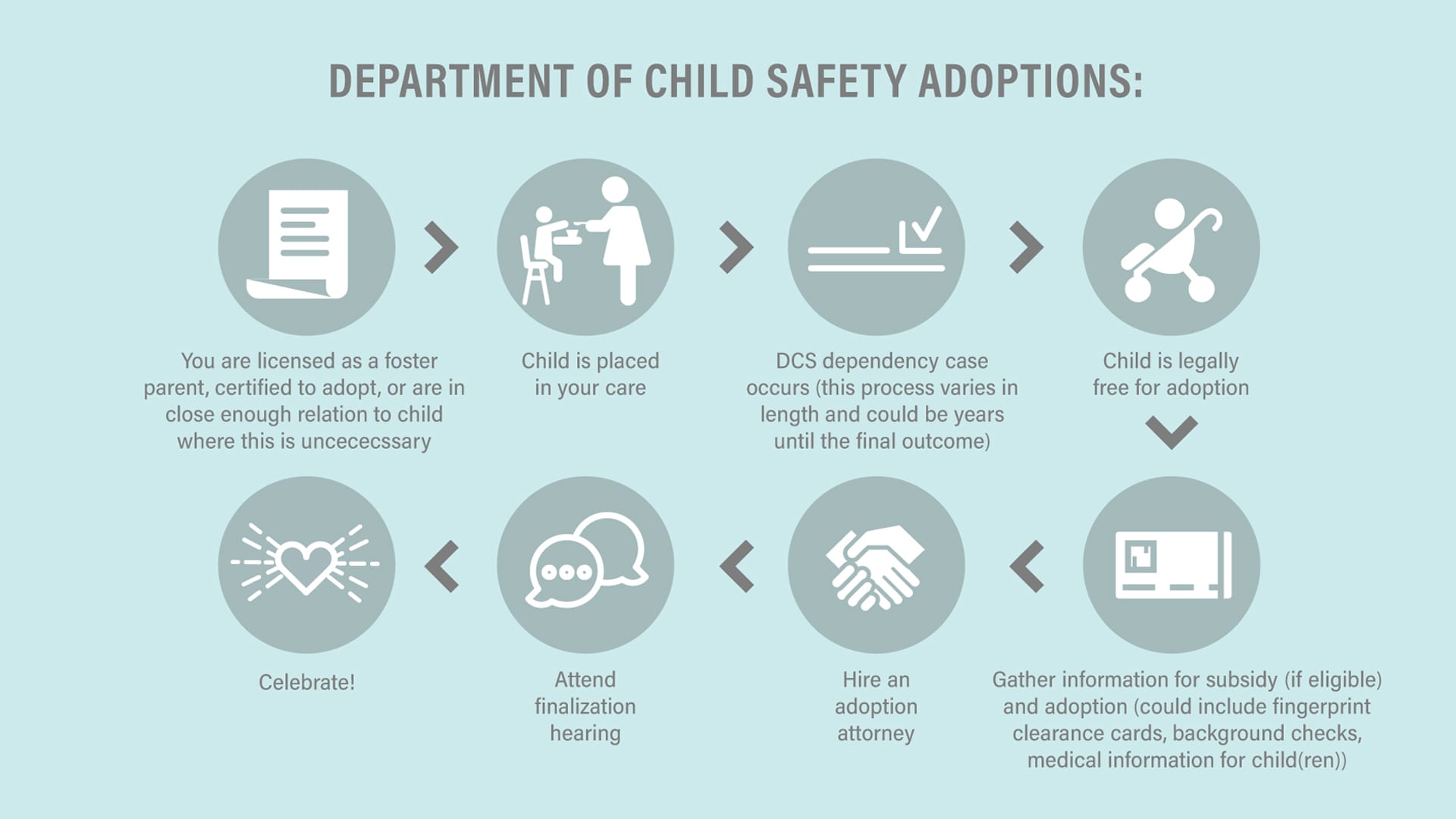
General
If you are placement for a foster child and both birth parents’ rights have been terminated, then it is likely that you are at the point to adopt the child. You will need an Arizona adoption attorney like Jessica Graves to help finalize your adoption of your foster child.
Why Do I Need an Adoption Attorney?
In Arizona, you are required to have an Arizona adoption attorney to finalize your adoption. It is important you have an attorney who can represent your legal rights as your adoption lawyer.
Can I Use Any Attorney to Finalize my Adoption?
Yes. It is entirely your decision who you would like to complete the adoption of your foster child. However, an Arizona adoption attorney practicing exclusively in adoption law will be better able to handle situations that may arise due to their experiences in this area of the law.
What is Subsidy?
Arizona Subsidy is part of Title XIX of the Social Security Act. Through this program, children may qualify for Title XIX benefits including medical, dental, mental health services, non-recurring legal expenses, special support services, and monthly maintenance payments. Subsidy is only available for children in the care and custody of Arizona adoption agencies or Arizona’s Department of Child Safety.
In Arizona, if your child qualifies for subsidy, you may be eligible for up to $2,000 to use for non-recurring adoption expenses, including the services of an adoption attorney. This is provided by the Arizona Department of Economic Security. Each situation may vary, so it is important that you discuss your specific case with Arizona Subsidy and your Department of Child Safety case worker.
Dependency Process
Each dependency case will be different. However, this flow chart helps explain the general process. The timelines will vary from case to case and there may be additional hearings and events that take place. The following flowchart is a general graph and not meant to show what will happen in a specific dependency case. It is important to talk to an attorney if you have any specific questions regarding your specific case.
View Process Flow Chart
Certification v. Licensed Foster Care
Certified to Adopt
If you are not related to the child you are hoping to adopt, a judge must certify you as being acceptable to adopt a child. This certification process includes an application, an orientation, training sessions, and a certification investigation. The investigation includes information such as your social history, finances, moral fitness, child abuse history, the ability for you to pass a background investigation and obtain a fingerprint clearance card, and includes references. This investigation is submitted to a judge for approval to be fit and acceptable to adopt a child. This entire process can take 6-8 months. You may be certified to adopt, but not be a licensed foster parent, or you may be certified to adopt for a private adoption (without the Department of Child Safety’s involvement). You could also be a licensed foster parent in addition to being certified to adopt. Call to find out more information related to certification and being licensed as a foster parent.
Licensed Foster Parent
To become a licensed foster parent, you must meet all of the requirements and complete the requisite number of training sessions. A list of licensing agencies is available at the Department of Child Safety website. According to the Department of Child Safety, the requirements include attending the training sessions, being medically qualified by a medical professional, being able to cover your living expenses, complete the interview process, and being lawfully in the United States. Make sure you review all of the information carefully and learn all that there is to know about the foster care process. Be sure that you know that foster care is right for you.
Not Certified to Adopt/Not Licensed – Related to the Child
If you are close enough in relation to the child, you do not need to be a licensed foster parent or certified to adopt. This applies to foster care adoptions with the Department of Child Safety involved, or to private adoptions of any person under the age of 18 years. When the Department of Child Safety is involved, be sure you understand the advantages and disadvantages of becoming certified to adopt and becoming a licensed foster parent.
If I am related to the child, what are the benefits of becoming a Licensed Foster Parent?
If you are close enough in relation to the child, the benefit of becoming a licensed foster care parent include the training you receive, the support services provided by the agency, and foster care reimbursement payments.
Ready for Adoption
If the foster child is legally free for adoption (both parental rights have been severed), then the child’s matter will be transferred to the permanency unit (sometimes referred to as the adoptions unit). At this point, you, the foster parents/relatives (“placement”), will be given a permanency caseworker. There may be forms that are required to be filled out for subsidy and for the adoption even before you are ready to hire an adoption lawyer. Once all of the forms are filled out and your caseworker has everything he or she needs to proceed with the adoption, you will have the opportunity to select your adoption attorney. In deciding which adoption attorney to choose from, it is important to understand and ask questions about what each attorney will provide during his or her representation of you.
If you have questions about foster care adoptions, contact Arizona Adoption Attorney Jessica Graves. As an adopted child herself, with a brother adopted from foster care, Attorney Jessica Graves can personally relate to your foster care adoption and will help guide you through the process. Call her today! 520-468-3838.
